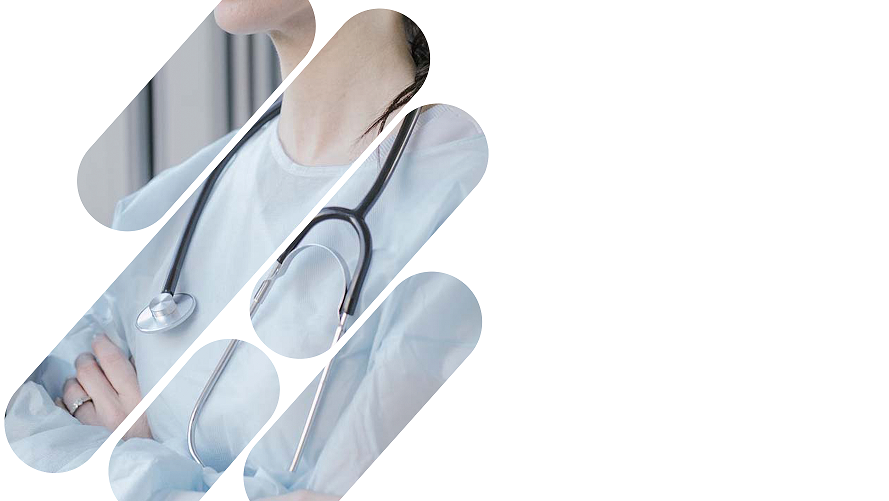- Road Accidents
- Work Accidents
- No Win No Fee
- Medical Negligence
- Habib Rahman Spire Healthcare Compensation
- Medical Negligence Claims
- Breast Surgeon Ian Paterson Claims
- Brain Injury Claims
- Statins Medication Error
- Sandwell & Birmingham POP Treatment
- Hernia Mesh Compensation
- Serious Injury Claims
- Spinal Injury Claims
- Leg Injury Claims
- Neck Injury Claims
- Burn Injury Claims
- Cauda Equina Syndrome
- Dental Negligence
- Contact
- Injury Claims
- More Info
- Claim Now
Call FREE from a Landline or Mobile on 0800 634 75 75

 Motorcyclists make up less than 1% of vehicle traffic according to statistics, yet riders suffer 14% of total deaths and serious injuries on Britain’s roads (
Motorcyclists make up less than 1% of vehicle traffic according to statistics, yet riders suffer 14% of total deaths and serious injuries on Britain’s roads ( Lifting heavy objects has the potential to cause severe injury that can leave you suffering for weeks or even months after an incident. Even if an object is well within your capabilities to lift you should always apply correct lifting techniques to prevent injury. This should be covered by your employer in your health and safety training; if it wasn’t, you may have a
Lifting heavy objects has the potential to cause severe injury that can leave you suffering for weeks or even months after an incident. Even if an object is well within your capabilities to lift you should always apply correct lifting techniques to prevent injury. This should be covered by your employer in your health and safety training; if it wasn’t, you may have a  “No Win No Fee” personal injury claims are advertised everywhere nowadays; but what does this actually mean?
“No Win No Fee” personal injury claims are advertised everywhere nowadays; but what does this actually mean? Have you ever bought a product and realised after the purchase that the product is defective? Or that when using the product, it has caused you an injury?
Have you ever bought a product and realised after the purchase that the product is defective? Or that when using the product, it has caused you an injury? What constitutes a dangerous working practise?
What constitutes a dangerous working practise? If you have suffered an
If you have suffered an  Dog bites against humans are rising in the UK. A 2008 NHS report showed that dog bites had increased by 40% in just 4 years to nearly 3,800 cases. There is much talk about certain breeds being more dangerous than others, but that aside there are many things that can trigger a dog attack. 77% of dog bites occur with friends or family pets, and 50% of these occur in the owner’s home. These are remarkable statistics!
Dog bites against humans are rising in the UK. A 2008 NHS report showed that dog bites had increased by 40% in just 4 years to nearly 3,800 cases. There is much talk about certain breeds being more dangerous than others, but that aside there are many things that can trigger a dog attack. 77% of dog bites occur with friends or family pets, and 50% of these occur in the owner’s home. These are remarkable statistics! Slips and trips happen to everyone – depending on the circumstances, you may be entitled to compensation. When they occur in the supermarket they can be trickier to claim for – after all, the other side will do everything possible to prevent having to pay out for your compensation. The supermarket needs to demonstrate that it did everything that is reasonably expected to prevent the injury in order to defend a claim. So, to you and me, that means that they have to prove that they took steps to look after customer’s safety – e.g. checking aisles for spillages on a regular basis, or only stacking products safely with proper procedures and training in place for staff.
Slips and trips happen to everyone – depending on the circumstances, you may be entitled to compensation. When they occur in the supermarket they can be trickier to claim for – after all, the other side will do everything possible to prevent having to pay out for your compensation. The supermarket needs to demonstrate that it did everything that is reasonably expected to prevent the injury in order to defend a claim. So, to you and me, that means that they have to prove that they took steps to look after customer’s safety – e.g. checking aisles for spillages on a regular basis, or only stacking products safely with proper procedures and training in place for staff. For any drivers out there, you’re probably aware that priority is given to the circulating flow or traffic in the UK, and there are usually signs directing the traffic when approaching the junction to slow down and to give the right of way accordingly.
For any drivers out there, you’re probably aware that priority is given to the circulating flow or traffic in the UK, and there are usually signs directing the traffic when approaching the junction to slow down and to give the right of way accordingly. Making a claim after an accident is not always just about obtaining compensation for the injuries and financial losses caused by the negligence of another party. The courts recognise how important it is for the victims of accidents to receive early medical treatment to help with their rehabilitation and recovery from their injuries.
Making a claim after an accident is not always just about obtaining compensation for the injuries and financial losses caused by the negligence of another party. The courts recognise how important it is for the victims of accidents to receive early medical treatment to help with their rehabilitation and recovery from their injuries.









